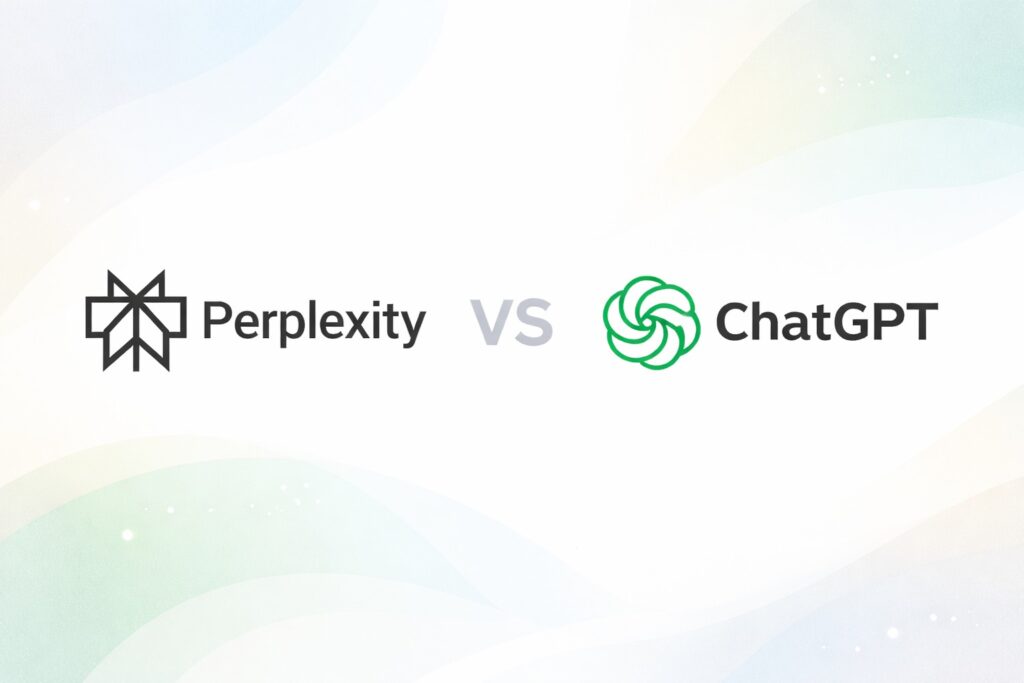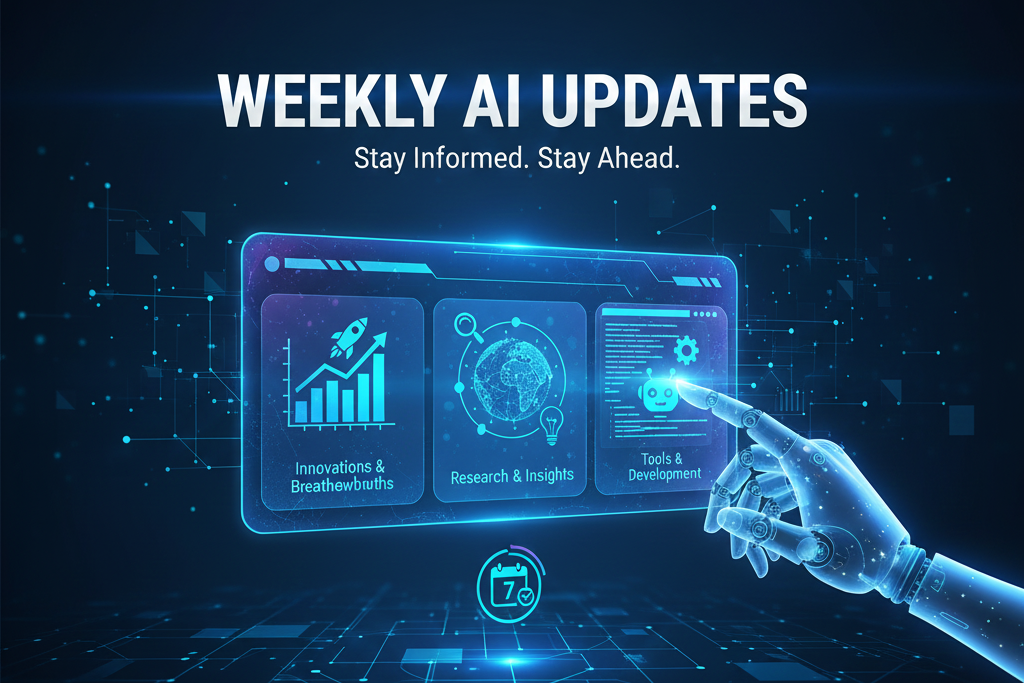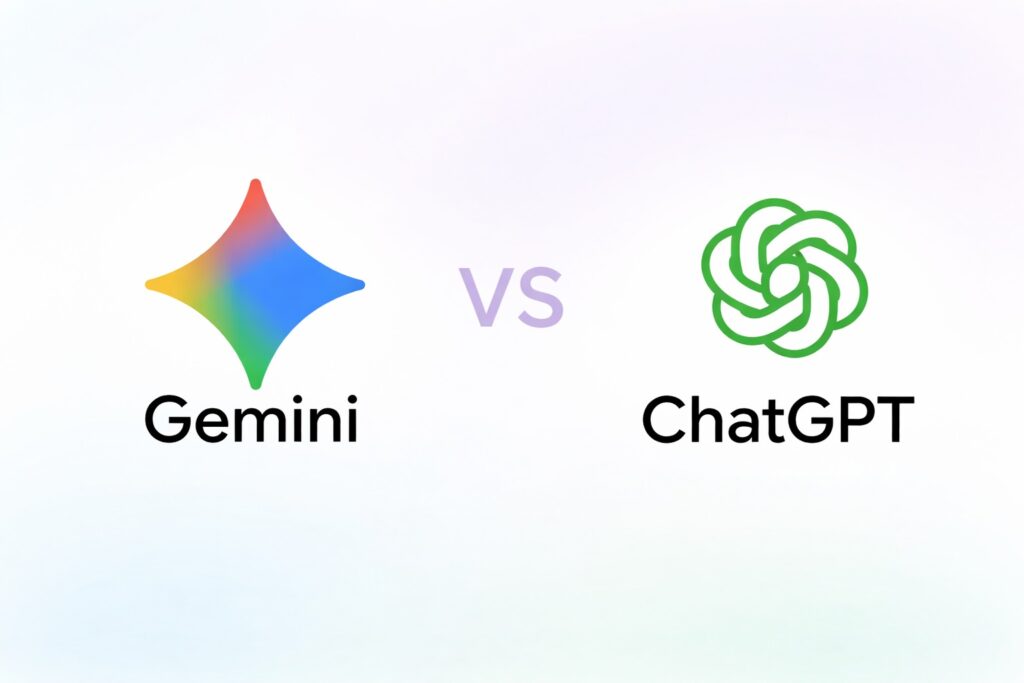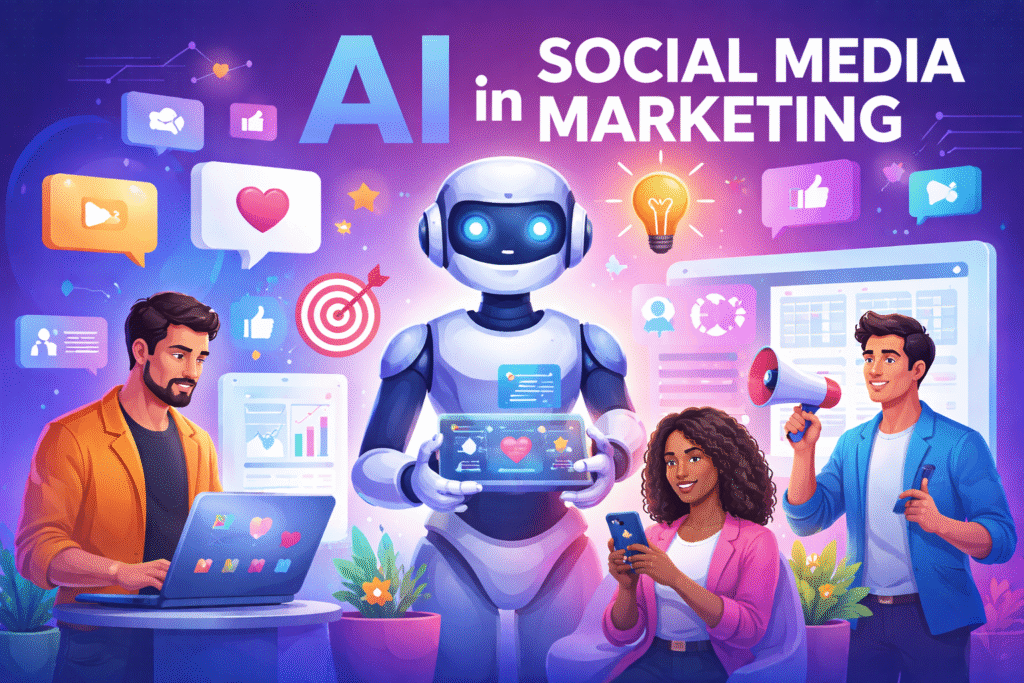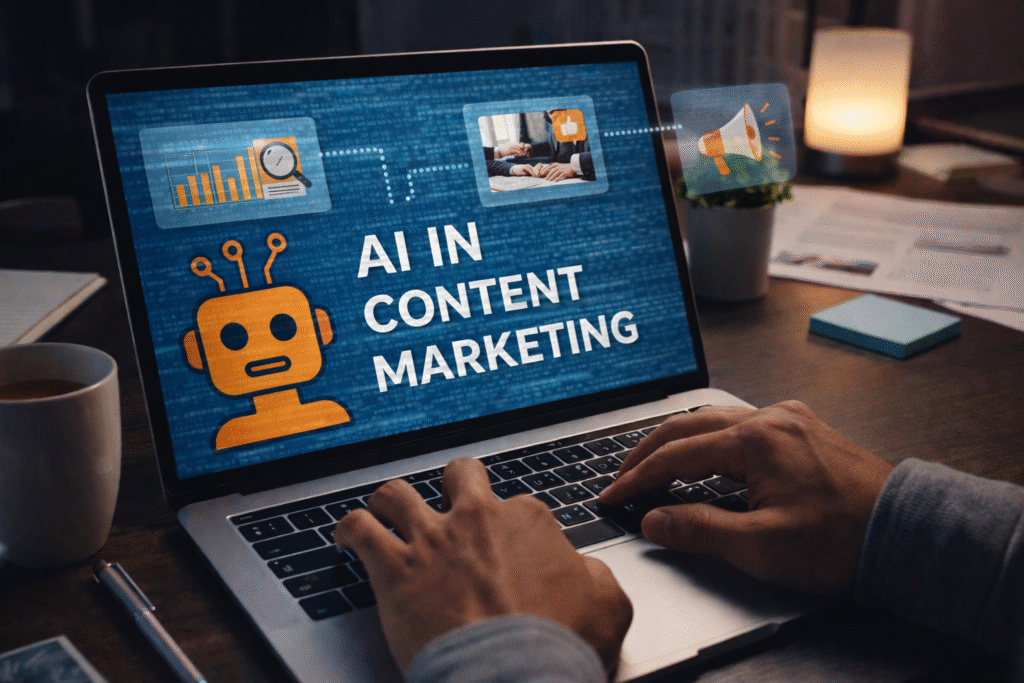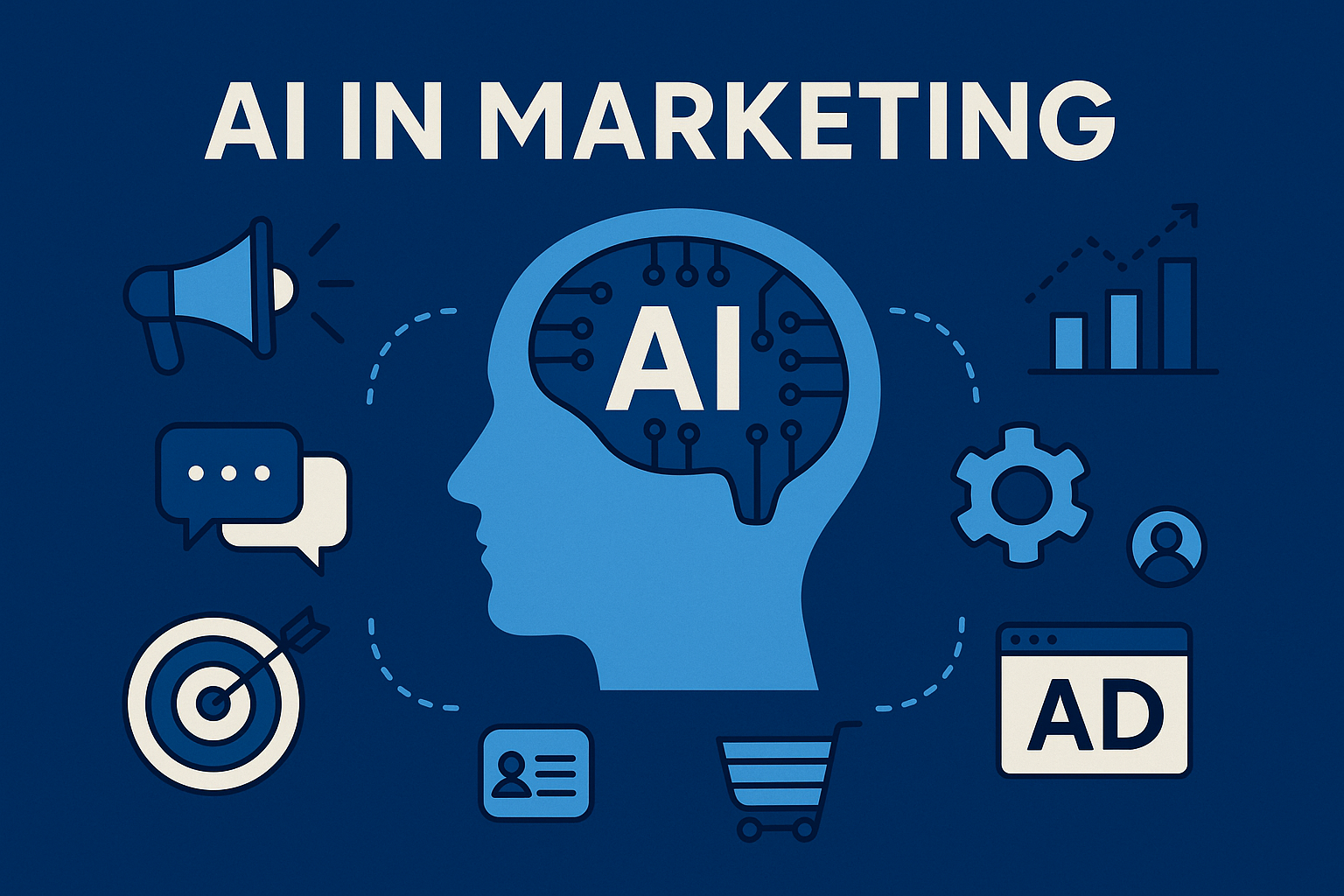Marketing automation is basically using software tools to handle repetitive marketing tasks such as sending emails, scheduling social media posts, tracking leads, and more without having to do all manually. It helps to save time, stay organized, and connect with customers more effectively.
When I was running a product launch campaign for a client, I was spending too much time on sending emails and following up manually, which was hectic and time consuming.
That’s when I starting using Marketing Automation Software by setting up an email sequence that triggered automatically when someone downloaded our brochure. The emails were personalized based on how people interacted, and the system even flagged high-intent leads for the sales team.
The results:
- Higher open rates
- Faster follow-ups
- And we closed way more deals with way less effort
Once it was set up, everything ran smoothly in the background. It saved a lot of time and helped me to focus on the bigger picture.
What is Marketing Automation?
Marketing automation refers to the use of software and technology to automate repetitive marketing tasks, streamline workflows, and improve overall marketing efficiency. Marketing automation is a technological platform specifically created for marketing departments to handle their repetitive operations and multi-channel communication on multiple platforms.
These tasks may include:
- Email marketing campaigns.
- Social media scheduling.
- Customer segmentation.
- Analytics and reporting.
How Has the Field of Marketing Automation Changed Over Time?
The journey of marketing automation has been quite interesting. Initially, it started with basic tools like bulk email services. Over the years, it has evolved into powerful platforms that offer end-to-end solutions.
It can now:
- Predict customer behavior.
- Personalize content in real time.
- Automatically score leads.
- Integrate seamlessly with CRM and sales platforms.
- Provide deep analytics on campaign performance.
The Purpose and Benefits of Marketing Automation
The core purpose of marketing automation is simple: to do more with less, less time, fewer resources, and minimal guesswork. Marketing automation intends to ease marketing operations by automating repetitive processes. This leads to increased business productivity driven by accuracy.
Here are some key benefits:
1. Efficiency:
Automating time-consuming tasks such as sending emails, posting on social media, and scoring leads, frees up room for a team to concentrate more on strategic activities.
2. Personalization at Scale:
Send the right message to the right person at the right time automatically.
3. Improved Lead Nurturing:
Marketing Automation provides lead nurturing workflows along with lead scoring which helps prioritize sales efforts and engage leads more effectively thus increasing conversion chances.
4. Better Data and Insights:
Track customer interactions, campaign performance, valuable reporting and analytics which assist in measuring ROI.
5. Alignment Between Marketing and Sales:
Marketing automation often includes features that bridge the gap between sales and marketing teams, helping to close deals faster. By automating workflow, relevant information can be shared by team members right from initial contact to post-purchase follow-ups thus building trust among them and resulting in enhanced customer experience.
Conclusion
In 2025, marketing automation has become more of a necessity than a luxury for businesses. It allows companies to streamline the same marketing tasks like email campaigns, lead nurturing, and campaign management saving time and boosting overall marketing efficiency.
From my experience, adopting automation not only supports strategic business growth but also brings in personalization, real-time insights, and consistent customer engagement.
If it is used smartly, these tools can help businesses meet customer expectations, improve conversion rates, and stay competitive in the ever-evolving digital space.
FAQs
Q: Is marketing automation only for large businesses?
Not at all. Today’s tools are scalable and budget-friendly, making them ideal even for startups and small businesses.
Q: Can marketing automation replace human marketers?
No, it complements human efforts. It handles repetitive tasks so marketers can focus on strategy, creativity, and analysis.
Q: How do I know if my business needs marketing automation?
If you’re spending too much time on manual marketing tasks, struggling to follow up with leads, or lacking insight into campaign performance, marketing automation can help.
Relevant Links:

